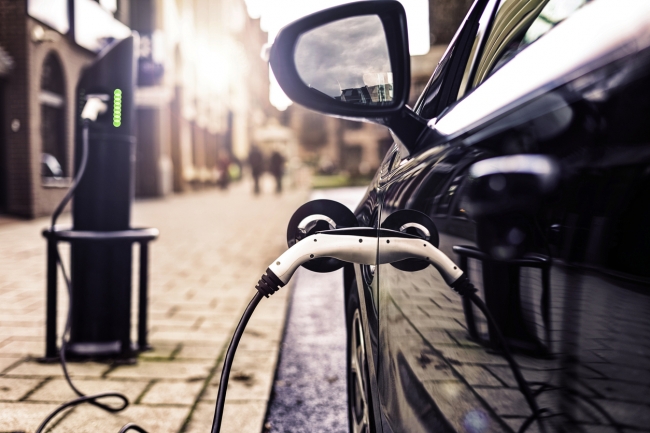3 minute read - 7th April 2025
Government announces changes to Zero Emission Vehicle Mandate to support UK automotive manufacturers
The Prime Minister has set out plans to back Britain’s car industry in the face of global economic headwinds, saying that the government must go further and faster in reshaping the economy through its Plan for Change.
Updates to the Zero Emission Vehicle (ZEV) Mandate will help facilitate the industry’s transition to electric vehicles, while still delivering the manifesto commitment to end sales of new petrol and diesel cars by 2030. The changes, which reflect extensive consultation, will help the car industry by:
• Increasing flexibility of the mandate for manufacturers up to 2030, including annual targets, so that more cars can be sold in later years when demand is higher.
• Allowing hybrid cars, like the Toyota Prius and Nissan e-Power, to be sold until 2035 to help ease the transition and give industry more time to prepare.
• Continuing to boost demand for electric vehicles, on top of the £2.3bn already spent on boosting British manufacturing and improving charging infrastructure, with a new charge-point added every 29 minutes.
• Pressing on with tax breaks worth hundreds of millions of pounds to help people switch to electric vehicles.

The government has announced plans to support UK car manufacturers with changes to the Zero Emission Vehicle Mandate / Picture: Getty/iStock
Support for the car industry will be kept under review as the impact of new tariffs become clear. The latest data shows sales in March were up over 40% on last year, with the government saying it believes there is a huge opportunity to be harnessed, with the UK being the largest EV market in Europe. Over £6bn of private funding is lined up to be invested in the UK’s chargepoint roll-out by 2030.
The updated ZEV Mandate will ensure flexibilities support UK manufacturers by:
• Maintaining the existing phase-out dates and headline trajectories for cars and vans.
• Extending the current ability to borrow in 2024-26, to enable repayment through to 2030.
• Extending the current ability to transfer non-ZEVs to ZEVs from 2024-26, out to 2029, giving significant additional flexibility to reward CO2 savings from hybrids. Caps will be included to ensure credibility.
• Introducing a new flexibility by allowing for van-to-car transfers, i.e. 1 car credit will be exchanged for 0.4 van credits, and 1 van credit will be exchanged for 2.0 car credits.
The wide-ranging package of measures will also exempt small and micro-volume manufacturers, including supercar brands McLaren and Aston Martin, from the mandate targets.
Vans with an internal combustion engine (ICE) will also be allowed to be sold until 2035, alongside full hybrids and plug-in hybrid vans.
The UK’s automotive industry employs 152,000 people and adds £19bn to the economy. The UK was also the largest EV market in Europe in 2024 and the third in the world, with over 382,000 EVs sold, up a fifth on the previous year. There are now more than 75,000 public chargepoints in the UK.
Prime Minister, Keir Starmer, said: “Global trade is being transformed, so we must go further and faster in reshaping our economy and our country through our Plan for Change. I am determined to back British brilliance. Now more than ever, UK businesses and working people need a government that steps up, not stands aside. That means action, not words. So today I am announcing bold changes to the way we support our car industry. This will help ensure home-grown firms can export British cars built by British workers around the world and the industry can look forward with confidence, as well as back with pride.”